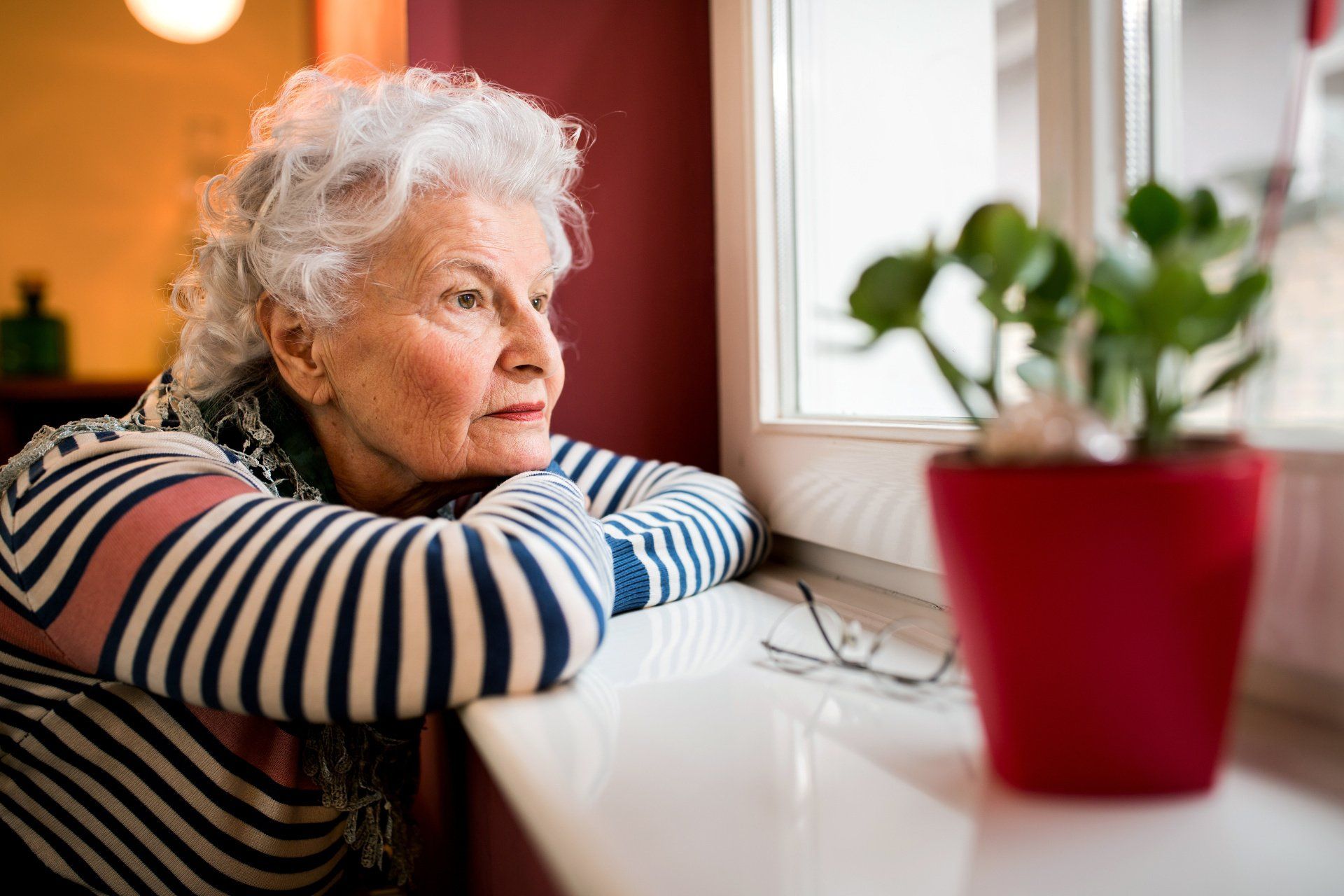Elderly Nutrition: Why Do Older Adults Stop Eating and What Can You Do About It?
One of the most common issues that older adults face is refusing to eat or drink. This can be a severe problem, as malnutrition can lead to a host of health problems. In this article, we will explore some of the reasons why elderly adults stop eating and drinking and offer some solutions on how you can help them get back on track!
Article Outline:
- What are some of the reasons elderly adults stop eating and drinking
- What are the consequences of malnutrition in older adults
- How can you help them get back on track

What are some of the reasons elderly adults stop eating and drinking
Why do elderly stop eating? As people get older, they often experience a decline in their overall health. This can lead to a decrease in appetite and a loss of interest in food and drink. There are many possible reasons for this, including physical changes, psychological factors, and social isolation.
Physical Changes
Physical changes are a common cause of decreased appetite in the elderly. As people age, they may have difficulty chewing or swallowing, which can make eating less enjoyable. In addition, the aging process can decrease the production of saliva, making it difficult to taste food. Moreover, many elderly adults suffer from chronic health conditions that can affect their appetite. For example, diabetes can cause nausea and vomiting, while cancer can cause fatigue and pain.
Psychological Factors
Psychological factors can also play a role in decreased appetite among the elderly. Depression is a common problem in this population, and it can lead to a loss of interest in food and drink. Anxiety and stress can also reduce appetite. In some cases, dementia may cause people to forget to eat or drink altogether.
Social Isolation
Finally, social isolation can contribute to decreased appetite in the elderly. Loneliness and isolation can lead to depression, which can in turn reduce appetite. Additionally, many elderly adults live in retirement homes or nursing homes, where they may not have access to regular meals or social interaction. This can make it difficult to maintain a healthy diet.
What are the consequences of malnutrition in older adults
Malnutrition is a serious problem that can have a profound impact on the health of older adults. Although it is often associated with poverty or poor dietary habits, malnutrition can affect people of all ages and socioeconomic backgrounds. Older adults are particularly susceptible to malnutrition because of age-related changes in the body, such as reduced muscle mass and decreased metabolism. In addition, many older adults have chronic medical conditions that can contribute to malnutrition. For example, diabetes and gastrointestinal disorders can make it difficult for the body to absorb nutrients.
As a result, malnutrition caused by a reduction of food consumption can lead to a host of health problems, including:
- weakened immunity
- muscle weakness
- anemia
- ulcers
- infections
- decreased cognitive function
- increased risk of falls and accidents
For these reasons, it is important for older adults to be aware of the risks of malnutrition and take steps to ensure that they are getting enough nutrients.
How can you help them get back on track
If you are concerned that a senior loved one is not getting enough to eat or drink, you can do a few things to help.
Make sure they are drinking enough fluids
When an elderly person stops eating, it's important to take action. Dehydration can become a serious problem quickly, so the first step is to make sure they're drinking enough fluids. If they're not thirsty, try adding some flavor to their water with slices of fruit or a small amount of juice. You can also try soups and broths, which can help them get the hydration they need while also providing some nutrients.
Try offering small, frequent meals rather than larger ones
Offering smaller meals will make it less daunting for them and allow them to take in smaller amounts of food at a time. If they're not interested in eating a full meal, try offering healthy snacks throughout the day. This can help them get the nutrients they need without feeling overwhelmed.
Encourage social interaction during meals
Another way to help elderly loved ones get back on track is to encourage social interaction during meals. Eating with others can make the experience more enjoyable and help stimulate appetite. If they're living in a retirement home or nursing home, try to arrange for regular visits with friends and family. If they're living alone, try setting up regular Skype calls or video chats during meal times.
Making sure elderly loved ones are getting enough to eat and drink is important for their overall health and well-being. By taking steps to increase fluid intake, offer small frequent meals, and encouraging social interaction, you can help them get the nutrition they need.
Are you looking for in-home care services for seniors in Hampden County? Chanda Care can help! We offer a wide range of services, including assistance with meal preparation, transportation, and personal care. Contact us today to learn more!
Services

